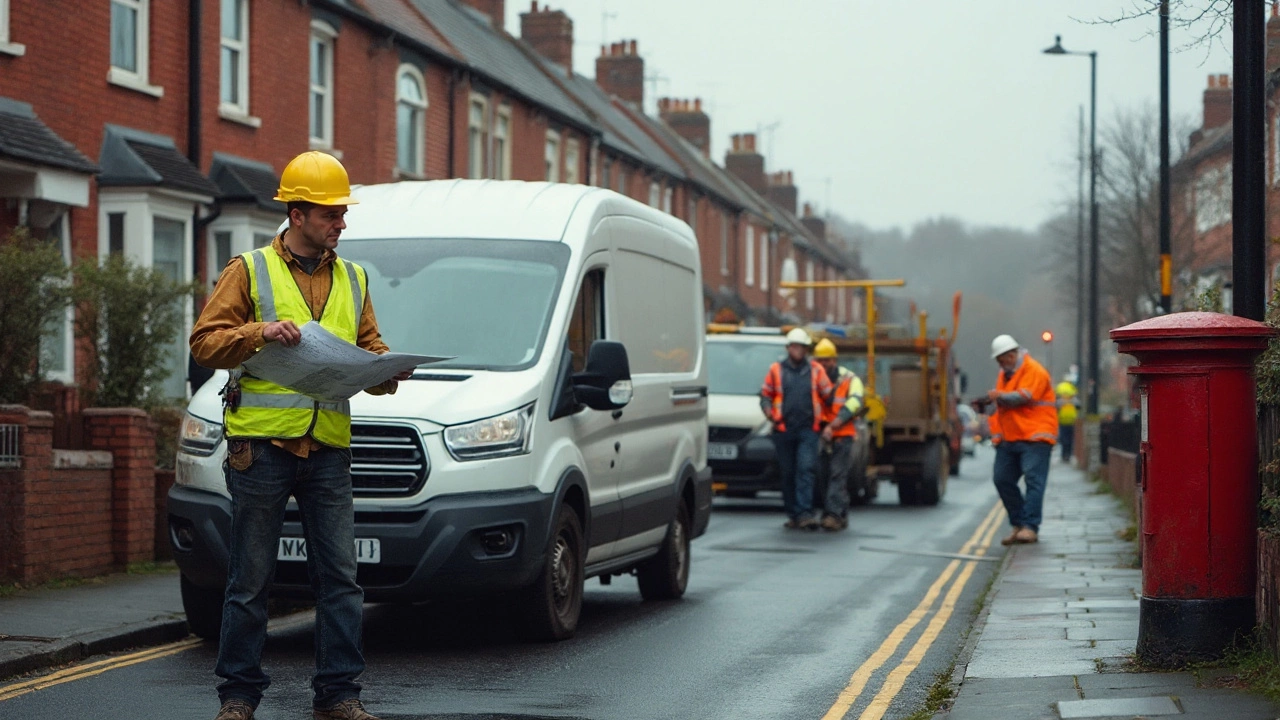Contractor vs Construction Company: Understanding the Difference
If you’re planning a conservatory, extension, or any home build, you’ll hear the terms "contractor" and "construction company" a lot. They sound similar, but they aren’t the same. Knowing the gap helps you pick the right partner and avoid costly mix‑ups.
A contractor is usually an individual or a small firm that takes charge of a specific part of a project – think framing, roofing, or electrical work. They often work under a larger umbrella and may subcontract parts of the job to other specialists.
A construction company, on the other hand, is a broader organisation that can manage an entire build from start to finish. It has its own crew, project managers, and sometimes even in‑house designers. Think of it as a one‑stop shop for all the phases of construction.
Roles and Responsibilities
When you hire a contractor, you get a focused skill set. They’ll give you a quote for their trade, source their own materials, and schedule their work around other trades on site. You’ll likely need a separate architect, a project manager, and maybe another contractor for different trades.
A construction company bundles these pieces together. They handle design, permits, procurement, and site supervision. Their team coordinates all trades, so you’re dealing with a single point of contact. This can simplify communication but may also mean a higher overall cost.
Liability also shifts. A contractor is usually insured for the specific work they do, whereas a construction company carries broader insurance covering the whole site. If something goes wrong, the company’s insurance often steps in, reducing your risk.
Choosing the Right Partner
Ask yourself how much control you want. If you enjoy micromanaging each trade, a contractor gives you that flexibility. You can pick the best specialist for each task and potentially save money.
If you prefer to hand over the reins and focus on the end result, a construction company is the smoother route. They’ll manage timelines, handle unforeseen issues, and keep the project moving without you juggling multiple contacts.Check credentials carefully. Look for CSCS cards, industry memberships, and reviews on sites like Trustpilot or Checkatrade. A reputable construction company will showcase completed projects and client testimonials on their website.
Cost comparison matters too. Get detailed quotes from both a contractor and a construction company for the same scope. Break down labour, materials, and overheads. Sometimes a contractor looks cheaper but adds hidden fees for coordination.
Finally, think about the scale of your project. Small garden rooms or loft conversions can be handled well by a skilled contractor. Larger builds—multiple floors, extensive foundations, or complex designs—benefit from the resources of a full‑service construction company.
Bottom line: a contractor focuses on a slice of the work, while a construction company covers the whole pie. Knowing this, you can match the right team to your budget, timeline, and level of involvement. Happy building!

